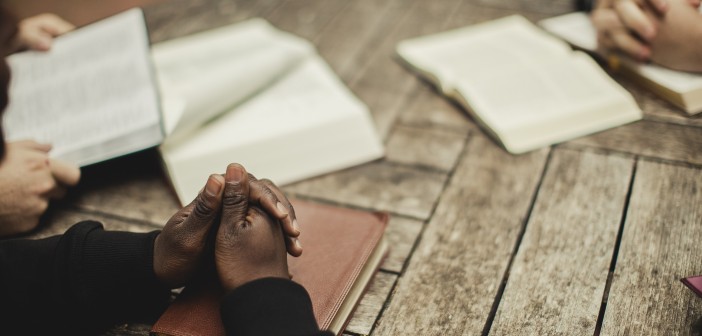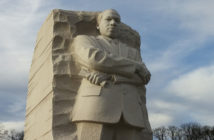In the summer of 2006, I led a study group from Wesley Theological Seminary in a doctoral course that retraced many of the steps of the Civil Rights Movement in Alabama. Our group reflected much of the diversity of the church and society. We prayed, sang, and shared our thoughts together as we traveled.
In the midst of growing divergence among churches in terms of theology, styles of worship, and ways that churches engage their mission in the world, it is more essential than ever that a faith built around the Lord’s Table ensures that there is a welcoming table set for a changing world.
Dr. Eileen Guenther, who teaches church music at Wesley Seminary and was part of our group, said that a spiritual, “I’m Gonna Sit at the Welcome Table,” played in her head throughout the experience. She recalled the variety of tables that we encountered as we traveled through Alabama:
- lunch counters where all had not always been welcome,
- the dining room table in the parsonage of Dexter Avenue Baptist Church in Montgomery where the Southern Christian Leadership Conference was formed,
- the kitchen table of the same parsonage where Dr. Martin Luther King, Jr., searched his soul and felt God telling him to press on with his work,
- the tables at which the people at 16th Street Baptist Church served us lunch, tables placed adjacent to the site of the tragic bombing in September 1963 that killed four young girls, and
- the tables around which members of our group gathered to share stories as victims of discrimination, of their courageous work for justice, and their lament over a lack of awareness by many of what was going on at the time.
I sense that our experiences in Alabama are emblematic of the blessings and burdens facing the churches today. In the midst of growing divergence among churches in terms of theology, styles of worship, and ways that churches engage their mission in the world, it is more essential than ever that a faith built around the Lord’s Table ensures that there is a welcoming table set for a changing world.






